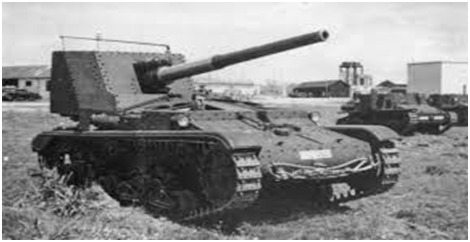When you rent a property, there are certain things which are your responsibility and others which the landlord deals with. But what’s the case when you get up on a cold morning to find the radiators are freezing and there’s no hot water? Where do landlords and tenants stand regarding property boiler breakdowns?
If a landlord has several properties or several flats within a property it could make sense to use a Property Inventory App to keep track of damage or repairs. For a company that could help out with this, you could use websites like https://inventorybase.co.uk.

What the landlord needs to do
Landlords have responsibilities regarding many of the appliances in the property. By law, a landlord has to carry out repairs within a reasonable time. If a tenant is without hot water or heating, then this reasonable time should be within 24 hours – https://www.thinkmoney.co.uk/news-advice/broken-boiler-in-rented-house-your-rights-0-8494-0.htm. It is usually the landlord’s responsibility to fix and maintain the boiler.
Responsibilities of the tenant
Tenants need to report any problems as soon as they notice them. It could be that the radiators are not working as well as they should or there are strange noises coming out of the boiler. It’s a tenant’s responsibility to let the landlord or agent know as soon as possible. Never try to fix anything yourself. The sooner a tenant gets in touch, the sooner the work can be carried out. Otherwise, a minor issue could soon escalate into a major one.
Tenants need to take care that they do not damage property. This could mean making sure they use the hot water system correctly and do not allow pipes to freeze during cold snaps. Otherwise, the tenant could be liable to pay for the cost of any damage.

Read the small print
Look at the contract to see if there are any areas of responsibilities that the tenant needs to fulfill. It could be that although the landlord pays for repairs to the boiler, the tenant needs to make an appointment and call a company to fix it.
Safety first
Gas boilers also need a gas safety certificate in all rental accommodation by law. This law also requires all of the gas appliances in a rental property to be checked each year. A gas safety record is then completed. Landlords have to make sure that the electrical installation in their rental properties is safe. Any appliances he or she provides also have to be safe and to have the CE marking at the very least.



